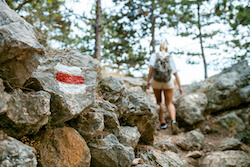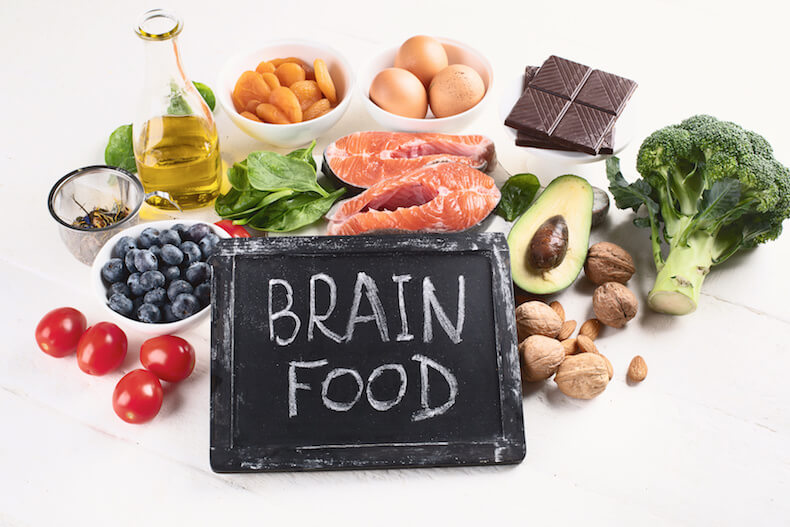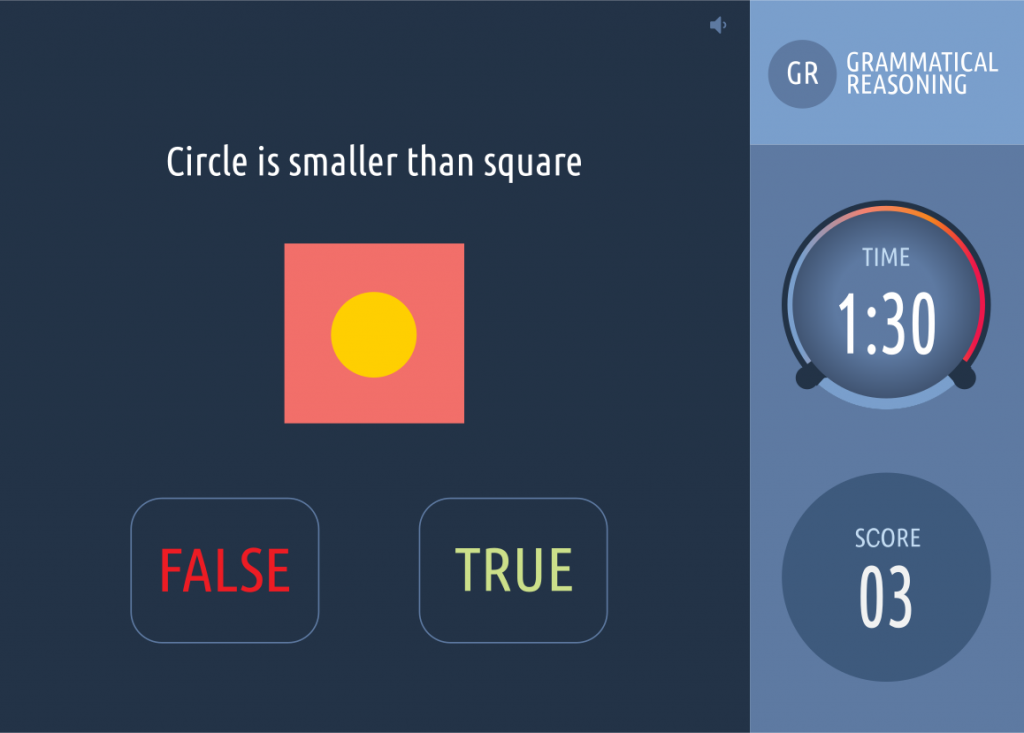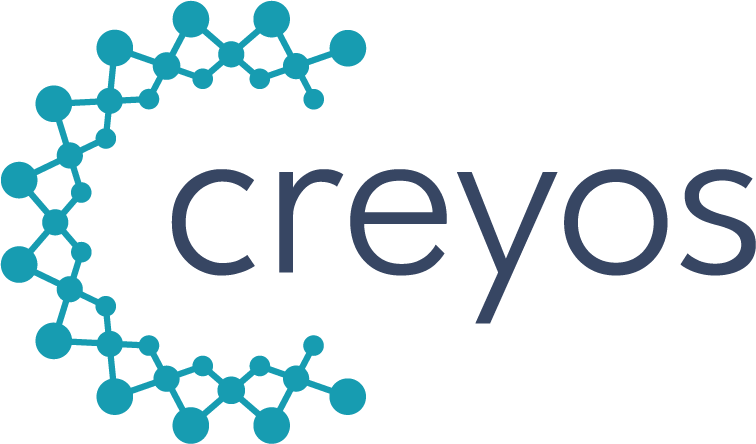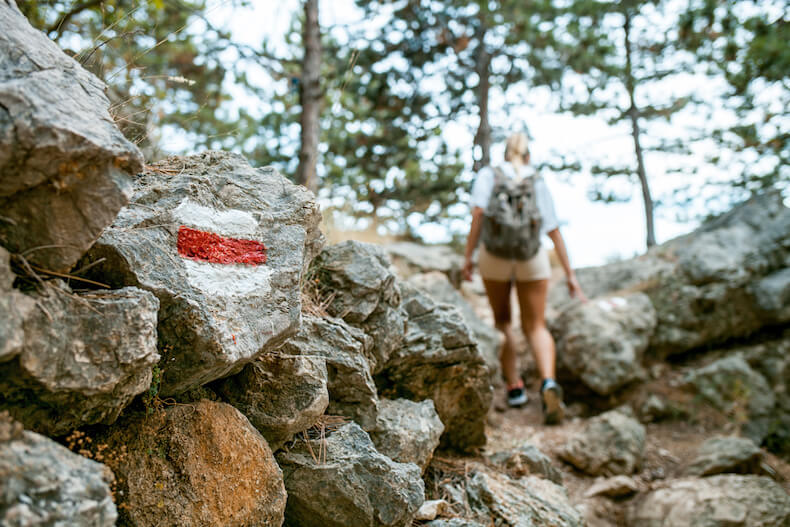I often allude to the microbiome, the colony of trillions of bacteria, fungi and viruses in our gut, as our internal rainforest. This analogy resonates more as we recognise the importance of ensuring plant diversity in the natural world to safeguard the future wellbeing of our planet.
Scientific studies show that we can boost our good gut bacteria by eating as diverse a diet as possible, and in consuming as many different plants especially. The more diverse the diet, the more diverse the gut microbiome. Conversely, a loss in species diversity is a common finding in several disease states.
Though invisible to the naked eye, our good bacteria play an important role in maintaining our overall physical, emotional and mental wellbeing. The gut and the brain are in constant communication and dynamic exchange determines metabolism, immune system function and appetite.
Our thirst for nature and the great outdoors became especially pronounced during lockdown. It isn’t just humans however who crave a change of scene and fresh air… our gut bacteria also relish diversity and new company!
The journal Science of The Total Environment recently published a new theory called “the Lovebug Effect.” This theory suggests that our gut microbiome may actually be driving our increased desire for nature holidays and woodland walks.
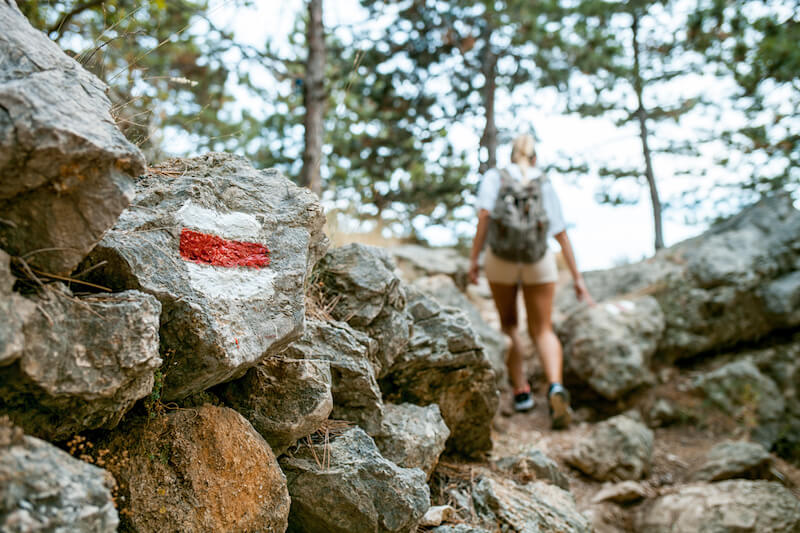
The Lovebug Effect
The Lovebug Effect theorises that gut-brain communication drives our nature-seeking behaviour. When our gut microbes are starved of contact with their country cousins (environmental microbiota), they hijack the neural pathways between the brain and gut to make us venture outdoors to find them. Microbes intercept the gut-brain ‘switchboard’ by activating the vagus nerve and sympathetic neurons through the release of neurotransmitters including serotonin, dopamine and GABA.
Certainly, being in nature can have a very tangible feel-good, stress-relieving effect. There have been numerous scientific studies also linking gut microbiome imbalances to increased depression and anxiety. However, what else might be fuelling our need for nature?
Why does our gut microbiome love the great outdoors?
When we immerse in nature, we surround ourselves with environmental microbiota. Nature is teeming with trillions of microbes: this provides our gut microbiome with endless choice when it comes to selecting which microbes to propagate.
Fresh air offers a microbial diversity that avoids the build-up of harmful microbes. Exposure to soil microbes may boost the immune system. Just a single teaspoon of rich garden soil can hold up to one billion bacteria.
The role of the environment in the make-up of the gut microbiota has yet to be fully understood. Studies have shown children (ages 1 to 5) from rural communities have a more diverse gut microbiota compared to children from Western populations. Early-life exposure to microbe-rich environments may be beneficial for human health by increasing the gut bacterial species pool. Studies have also shown that individuals who grow up in city environments have a less diverse gut microbiome. And that City-dwellers are more prone to inflammatory disorders and allergies. Urbanisation can lead to increased sanitation and antibiotic use, separation from the outdoors, and land management practices that reduce soil microbial biodiversity.
‘Baths in the Forest’ for full nature-immersion
Preidlhof in South Tyrol, has made Forest Bathing a central component of their Integrated Health and Transformational Wellness programmes. They also offer microbiome testing to assess the state of your gut bacteria, and champion mindful and sensorial eating.
The ancient Shinrin-Yoku (literally “Bath in the Forest”) came to the fore in the 1980s. Japan made Forest Bathing part of a national health programme to tackle stress-related disorders. Studies showed that conscious contact with the forest brought benefits to body and mind. It bolstered the immune system, reducing stress and blood pressure levels.
Preidlhof’s Forest Bathing takes place on Monte Tramontana, a dense area, rich in biodiversity, with woods, streams and small lakes. Leading the sessions is Irmgard Mossmair, a 73-year-old official mountain guide. She found her source of healing in the wisdom of plants, trees and in the regenerating power of forests. Irmgard has studied aromatherapy and natural remedies through herbs and Chinese medicine.

Forest Bathing facilitates complete immersion in the woods, lights, scents, aromas, textures and pulsations of the earth. Sensory interaction with the forest helps to increase our frequency, and promote mental calm and awareness.
“Slowly, they open up to their surroundings and find themselves immersed in another world, in contact with nature and its secrets. The scents of the trees, the earth, the flight of birds and insects, the sound of the wind, the sunlight on the trees, the different shades of green… All these elements can facilitate a profound transformation.”
Patrizia Bortolin Spa Director and Transformational Health Coach – Preidlhof
We can so easily take our access to nature for granted. What’s more, we increasingly inhabit a virtual and digital universe which provides a further disruptor. However, what Covid 19 has reminded us is that we are still all very much part of the natural world. And our microbiome will act as a constant biological prompt to reconnect with us our ancient roots.
For further recommendations on how to boost your gut bacteria through natural food sources, click here.

